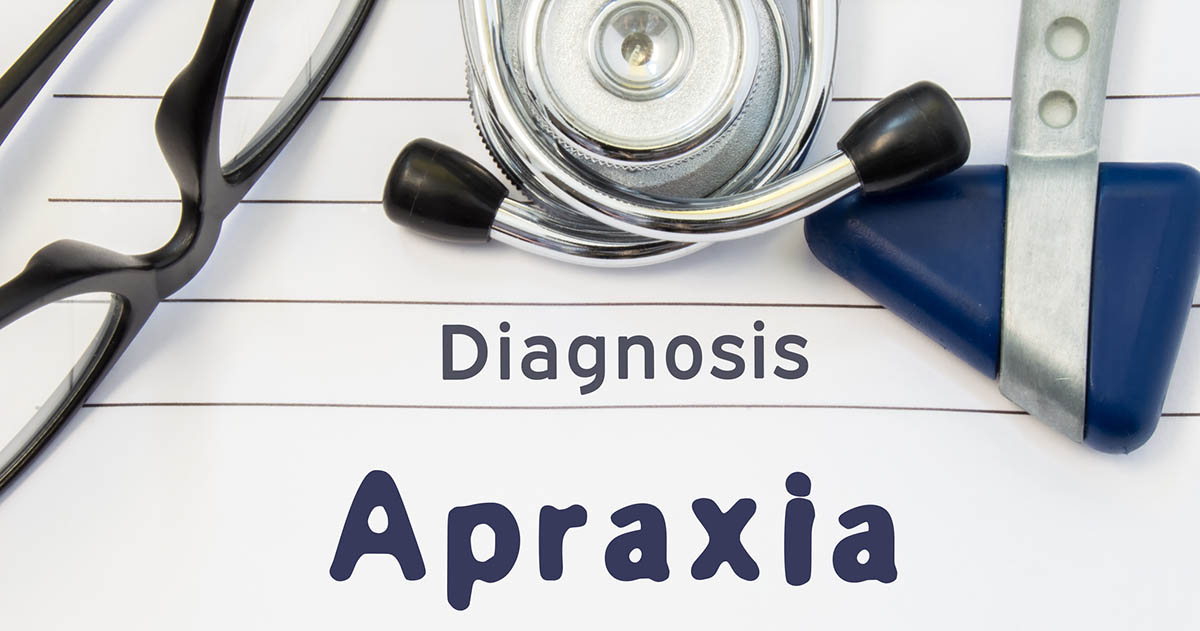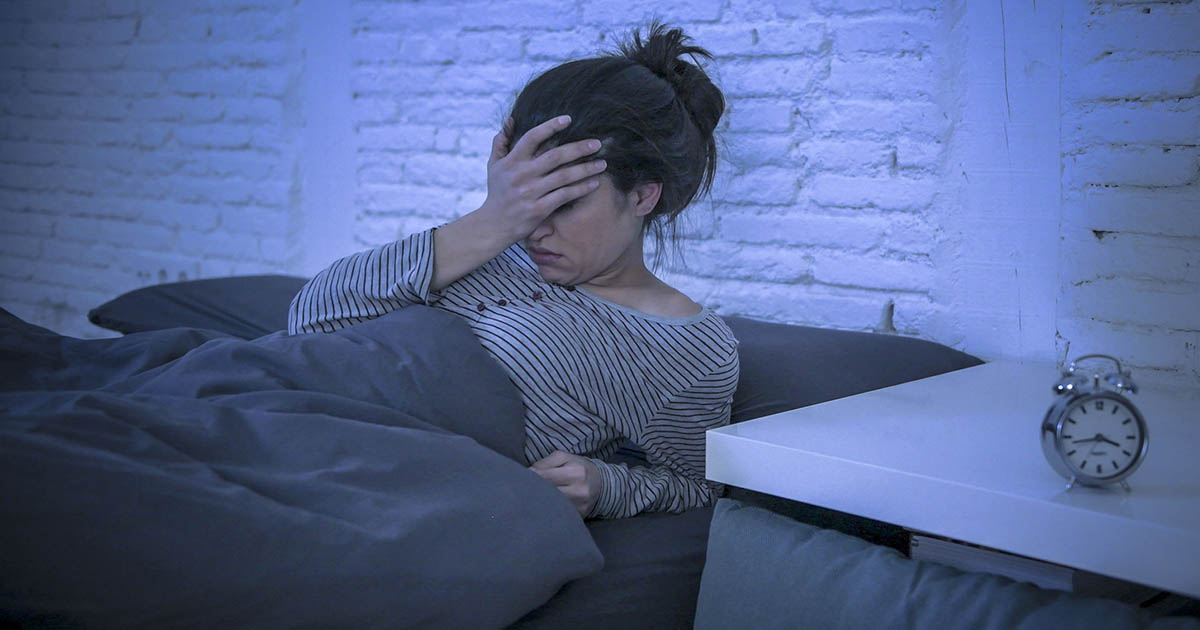Major Symptoms Of Huntington's Disease
Speech Difficulties

Experiencing speech difficulties is another common symptom of Huntington's disease. It can also greatly exasperate a patient and increase anxiety and depression. The average individual uses over one hundred muscles to create speech, and those with Huntington's disease tend to have muscular atrophy or degradation in these muscles. Because these muscles weaken or are uncontrollable, they often produce slurred or unclear speech due to the malfunction in brain signal transmission in Huntington's disease. This is referred to as dysarthria.
Apraxia is another speech and communication problem prevalent in Huntington's disease patients. It is caused by the brain's limited ability to send signals, which can affect breathing and speed and volume control when speaking. Speech and language therapy can play a crucial role in slowing down these degenerative effects on the muscles. Exercising these muscles regularly will keep them as strong as possible for a longer period.
Continue reading to learn about another symptom of Huntington's disease.
Fatigue And Insomnia

Many individuals with Huntington's disease have problems controlling their circadian rhythms. Managing and treating this is essential, as we all need a decent night's rest for our brain and body to function properly. Furthermore, being awake throughout the night can yield feelings of loneliness, isolation, anguish, and exile. This is on top of all the other frustrating symptoms associated with this neurodegenerative disease.
Fatigue and insomnia in Huntington's disease patients go beyond being slightly distressing and disruptive. They can also contribute significantly to the presentation of other symptoms, such as motor tics and involuntary spasms, speech and language difficulties, and the inability to control one's impulses. Furthermore, individuals with Huntington's disease may not necessarily possess the mental reserves that allow them to cope with sleep deprivation effectively.
Get more information on the major symptoms of Huntington's disease.
